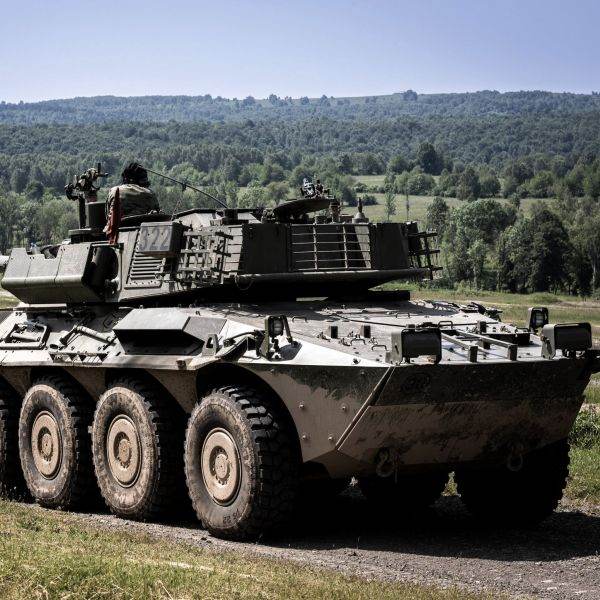Corruption has allegedly taken hold of the NATO Support and Procurement Agency, according to internal documents published yesterday by the website Follow The Money, following a journalistic investigation carried out together with the Belgian dailies La Lettre, Le Soir and Knack. According to the cited sources, Stacy Cummings - the director general of the NATO Support and Procurement Agency - is accused of favoritism, blocking anti-corruption investigations and direct interference in the work of key departments.
Beyond the cold tone of the reports, the reality described in their pages is that of an institution in structural crisis at the very moment when the strategic role of the agency has dramatically increased with the war in Ukraine and the massive increase in the defense budgets of the member states. In these documents, the head of human resources, Geneviève Machin, and the head of internal audit, Gerardo Bellantone, warn in writing about a climate in which corruption flourishes, and the mechanisms designed to combat it are blocked by the very people who should apply them.
In the letter sent by Machin in February to all representatives of NATO member states, the agency's leadership is accused of ignoring cases of fraud and corruption "with reasonable indications”, of providing misleading information to nations and of exerting pressure to influence the selection of candidates for strategic positions. Suspended immediately after exposing these problems and later removed, Machin claims that she became the target of reprisals simply for refusing to legitimize a system in which the rules do not seem to apply to the leadership and her inner circle.
Bellantone joins the same line of warning, describing in the internal report from October the lack of real measures against fraud, the rejection by Cummings of a key audit on corruption and direct pressure on the independence of the internal audit. Moreover, the intervention of the representative of the United States in the supervisory board to block the anti-corruption audit raises questions about the political influences that protect certain interests within the agency. All these tensions erupt at a time when the NSPA manages an unprecedented volume of funds: 9.5 billion euros in procurement contracts this year alone, almost triple compared to 2021. Russia's invasion of Ukraine has transformed a once discreet agency into a vital hub of the Western military effort, but also into a fertile ground for corruption, as demonstrated by the five judicial investigations related to the NSPA in the US, Romania, Belgium and Luxembourg, the sources cited say. Two of the American investigations were surprisingly dropped, while European leads are tracking millions of euros in bribes paid by defense companies for access to NATO contracts or member state budgets.
The journalistic investigation also shows that this year the internal conflict reached its peak in closed-door meetings of NATO subcommittees, where Cummings and Bellantone clashed directly, and member state representatives failed to even agree on including an anti-corruption audit in the 2025 plan, postponing it to 2026. This postponement during a period of accelerated expansion raises serious questions about the agency's real ability to oversee its own processes and prevent corruption when risk management should be a priority.
While NATO officially proclaims zero tolerance for fraud and corruption, the reality exposed by internal documents shows an institution where whistleblowers are sanctioned, investigations are blocked, and independent controls are undermined. At the very heart of the alliance's procurement system, where integrity should be absolute, suspicions of complicity, political influence, and lack of transparency persist. It is a fracture that risks expanding into a strategic vulnerability at a time when Europe is rearming, and every contract managed by the NSPA has a direct impact on the continent's security.
If on a declarative level the fight against corruption is essential for defending Western values, this investigation raises the uncomfortable question of whether NATO can protect the integrity of its own procurement system while preparing to respond to threats from Russia. The absence of firm responses could in itself become a threat to the alliance's credibility and effectiveness at a time when weaknesses cannot be tolerated.















































